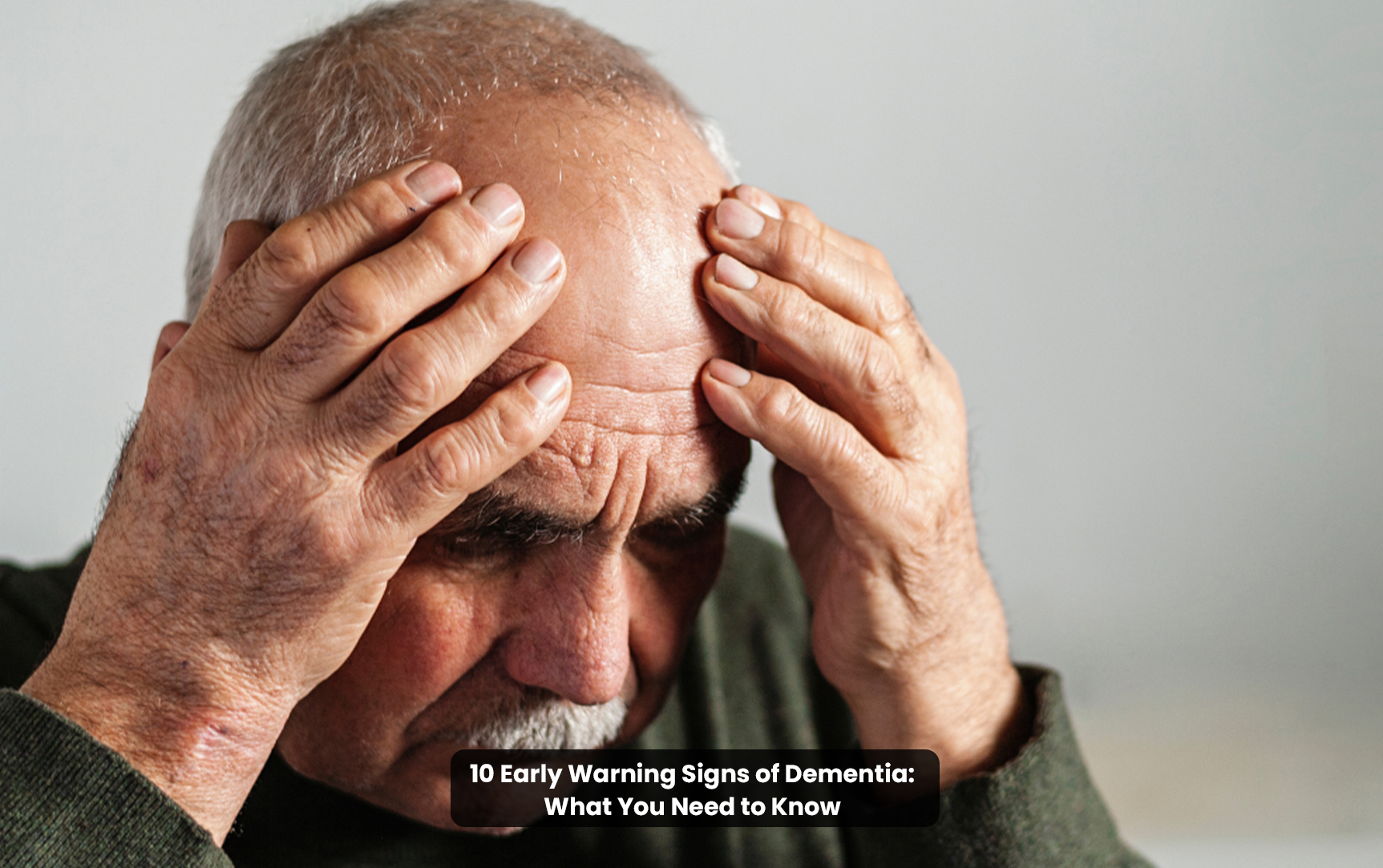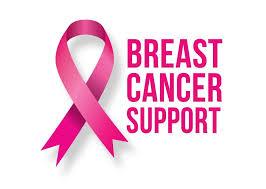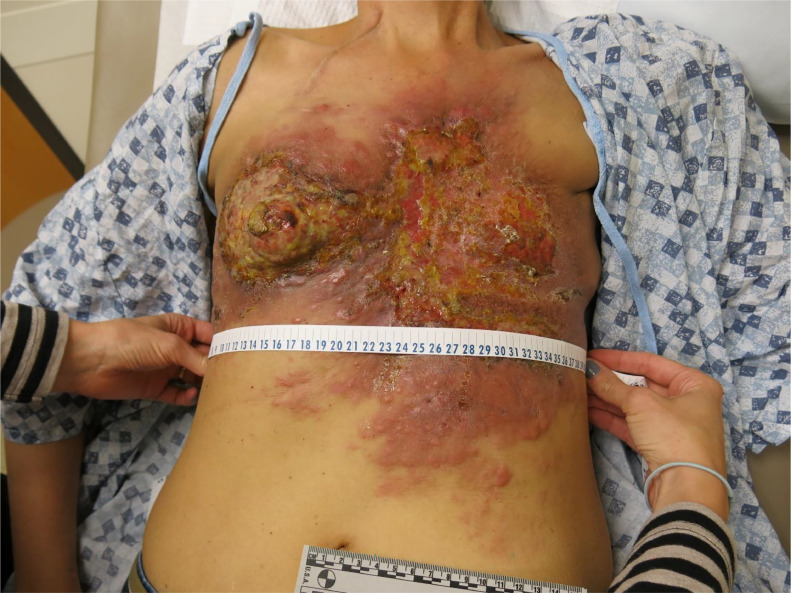It can be challenging to live with metastatic breast cancer (MBC), which impacts not just your physical health but also your emotional, social, and even financial well-being. More than just symptom management, quality of life is about feeling empowered along the way, finding joy in the little things, and feeling supported.
Despite the difficulties MBC brings, there are worthwhile actions you may take to enhance your day-to-day existence. These techniques can assist you in regaining balance and comfort, whether it is through pain management or hobbies.
1. Find Effective Ways to Manage Pain
Your quality of life may be considerably impacted by pain from cancer or its therapies. Waiting until the discomfort becomes intolerable is crucial.
Make an appointment with a pain or palliative care specialist, preferably recommended by your oncologist. Clearly state the severity, location, and frequency of your symptoms when you meet. Options for treatment could include:
- Targeted therapies (chemotherapy, hormone therapy, or surgery) to reduce tumor pressure
- Over-the-counter pain relievers like acetaminophen, ibuprofen, or naproxen
- Prescription medications including opioids or neuropathic pain drugs
- Bone-strengthening treatments such as bisphosphonates or denosumab for pain from bone metastases
- Complementary approaches like physical therapy, massage, or lidocaine patches
Learn more about pain management strategies at Breastcancer.org.
2. Establish a Relaxing Bedtime Ritual
Sleep is often disrupted by anxiety, pain, or treatment side effects. Creating a consistent bedtime routine can dramatically improve sleep quality and overall energy levels. Try these tips:
- Stick to a regular sleep schedule
- Keep your bedroom cool, dark, and free of electronics
- Avoid caffeine, nicotine, and alcohol before bed
- Take a warm bath or read a calming book
Practicing good sleep hygiene supports emotional resilience and helps reduce daily fatigue.
3. Prioritize Your Mental Health
Coping with MBC can trigger feelings of sadness, anxiety, or depression. According to the American Cancer Society, about 25% of people with cancer experience clinical depression.
Seeking support is not a sign of weakness—consider:
- Meeting with a counselor or therapist
- Practicing mindfulness or meditation
- Journaling your thoughts and emotions
Focusing on mental well-being is as important as physical care.
4. Incorporate Stress-Reduction Techniques
Stress can worsen fatigue, disrupt sleep, and contribute to anxiety. Finding ways to manage stress is crucial for your overall quality of life. Effective strategies include:
- Yoga or tai chi
- Breathing exercises and meditation
- Massage or music therapy
- Gentle outdoor activities like walking or gardening
Even a few minutes of daily stress relief can make a difference.
5. Join Support Networks
Connecting with others who understand your journey can provide emotional relief and practical advice. Support groups may be in person, online, or over the phone. Consider these reputable options:
Being part of a community can reduce feelings of isolation and improve emotional well-being.
6. Stay Organized with Apps
Smartphone apps can simplify medication tracking, appointments, and finances. Some useful apps include:
- CareZone: Tracks medications, refills, and reminders
- Bezzy by Healthline: Community support and information
- My Cancer Coach Mobile: Notes and audio recording for appointments
- NCCN Reimbursement Resource App: Access to payment assistance programs
These tools help you stay on top of treatment without feeling overwhelmed.
7. Engage in Enjoyable Hobbies
Hobbies aren’t just fun—they’re therapeutic. Activities that engage your mind and body can help reduce stress and improve mood. Ideas include:
- Painting, knitting, or pottery
- Swimming, hiking, or yoga
- Reading or writing
- Playing music or gardening
Even small creative or physical activities can bring moments of joy and normalcy.
8. Monitor Medication Side Effects
Side effects like nausea, fatigue, headaches, or hot flashes can impact daily life. Don’t ignore them—talk to your healthcare team. Your doctor can provide remedies or adjust medications to reduce discomfort. Staying proactive ensures you maintain both comfort and safety.
9. Accept Help with Daily Tasks
It’s okay to let others support you. Household chores can be physically draining, so consider:
- Asking family or friends for help
- Hiring professional services
- Using nonprofit programs like Cleaning for a Reason, which provides free cleaning for cancer patients
Delegating tasks frees your energy for rest, recovery, and enjoyable activities.
Takeaway
Despite the difficulties of having metastatic breast cancer, there are doable things you can do to enhance your quality of life. Every little adjustment can make life easier and more fulfilling, from coping with pain and stress to discovering happiness in pastimes and community.
Despite your diagnosis, keep in mind that you are not alone and that you may live a fuller life by taking proactive social, emotional, and physical actions.
References:















